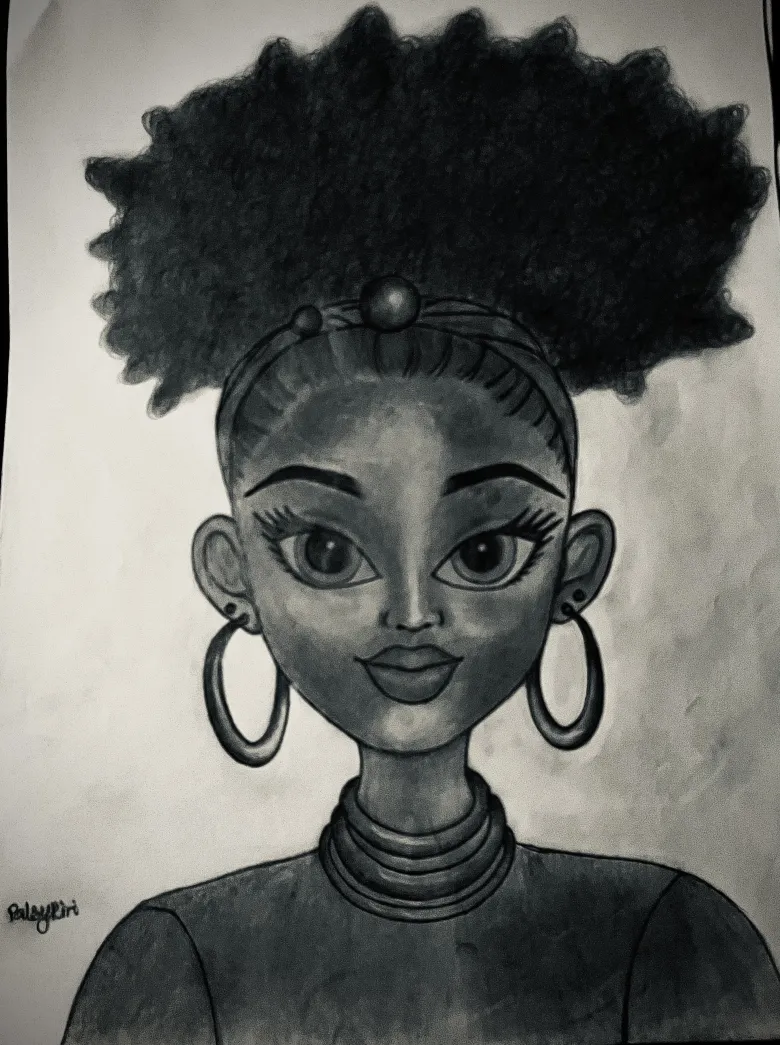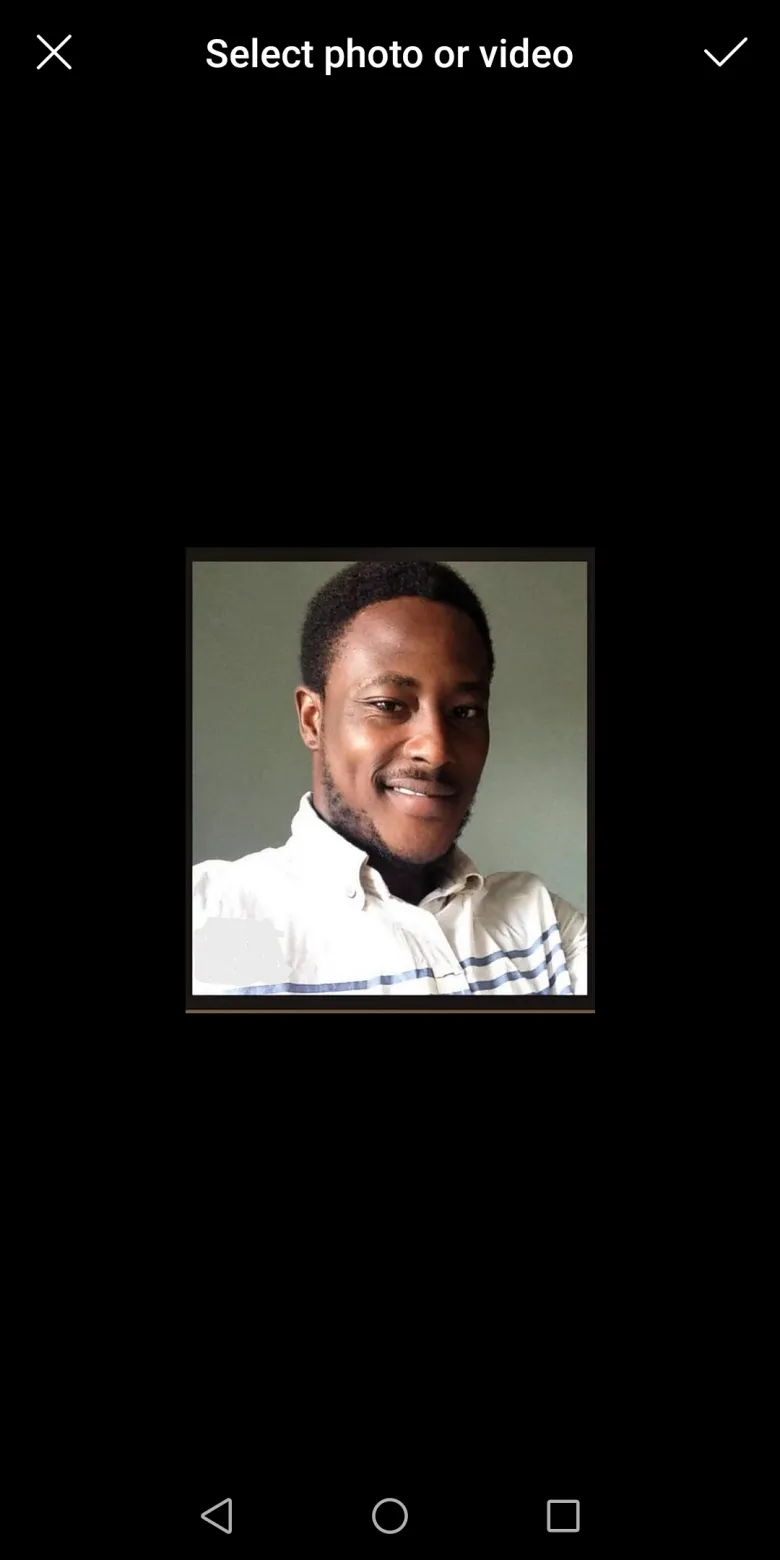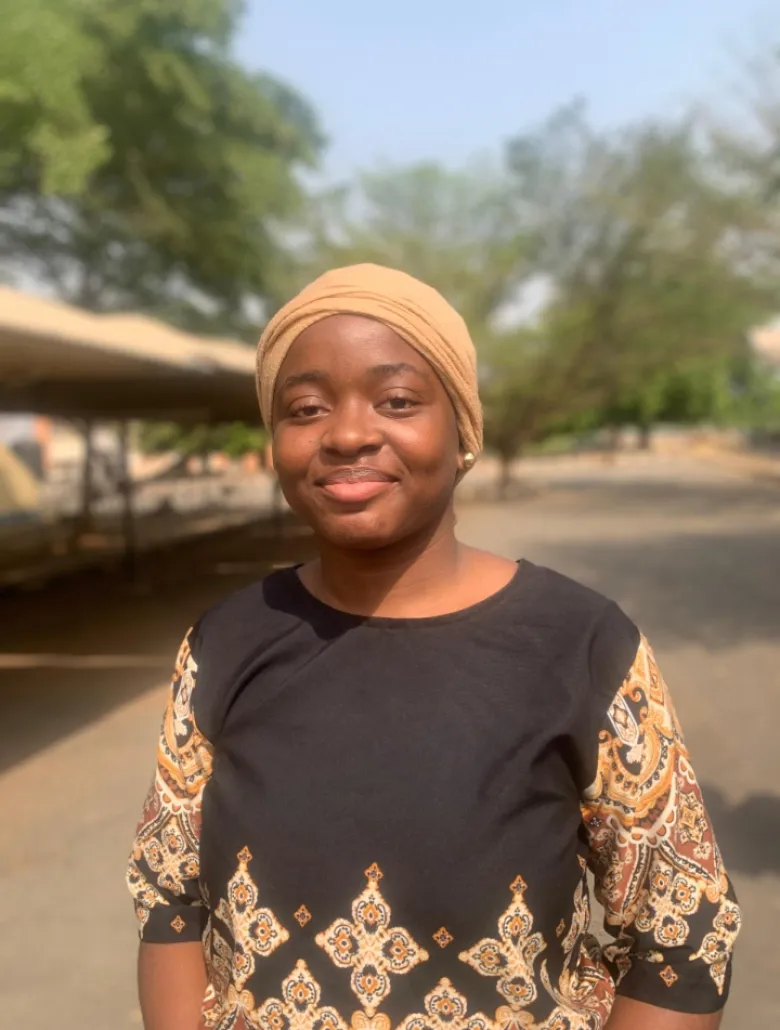The city throbbed with light and noise, its concrete sprawl relentless. Yet within its mechanical heartbeat, Elara carved out a quiet rhythm of her own. By day, she was a mineral processing student, sifting through equations and rock samples in a fluorescent lab. By night, she wandered to the city park, sketchbook in hand. There, beneath an ancient oak, she sought the solace of creation. Her sketches were raw; fractured stone, tree roots clutching at cracked earth, rivers she’d only seen in dreams. She drew the unseen, the forgotten, and the fractured, but she never showed anyone.
One evening, as twilight painted the sky in hues of fire, an elderly man sat beside her on the bench. His presence was quiet but commanding, his hands stained with the grit of a life lived in the earth. “Sketching dreams?” he asked, his voice low and rough. Elara hesitated but nodded. “More like fragments.” He chuckled, pulling a dull, veined rock from his pocket. “What about this?” She examined it. “Pyrite. Fool’s gold.” “Ah, but not so foolish,” he said, holding it up to the fading light. “Every crack, every shimmer: it holds the memory of mountains forming, rivers carving, and time itself.” His name was Jasper, a geologist who had once walked the deserts and mountains of the world.
Over the weeks that followed, he became her unlikely mentor. He told her of ancient caves, fiery volcanoes, and rocks born from unimaginable pressure. “The earth doesn’t give up its secrets easily,” he told her one evening. “But if you learn to listen, it’ll show you everything: its pain, its power, its beauty. And in the end, it’s not just the earth you uncover. It’s yourself.” Elara’s studies began to shift. What had once been a sterile discipline became alive with meaning. The periodic table was no longer a grid of symbols but a map of stardust and creation. Her sketches deepened, capturing not just forms but stories; crystals growing in silence, tectonic plates colliding in slow violence. Then the letter came. DynaCorp Mining offered her an internship; prestige, security, everything she’d worked toward. Her professors called it a dream opportunity. Yet the idea of digging without care, of ripping from the earth without respect, filled her with dread. She told Jasper. “I don’t know what to do,” she admitted, her voice cracking. Jasper handed her the pyrite. “Not all that glitters is gold,” he said. “The question is: What do you value?”
For days, she wrestled with the decision. The letter sat on her desk, an unbearable weight. On the eve of her response, she tore it in half. Instead, she applied for a grant to study artisanal mining in a remote mountain village. Her peers scoffed at the impracticality, but Elara felt something she hadn’t in years, certainty.
Months later, she stood in a village carved into a mountainside, where miners worked not with machines but with their hands, treating the earth as a partner, not a prize. The work was slow, deliberate, and respectful. At night, Elara sketched their lives; their hands, their tools, their unyielding connection to the land. Her drawings became a testament to resilience, her research a call for balance. Years passed. Her work bridged science and sustainability, her voice a beacon for change in an industry desperate for redemption.
One day, she returned to the park. The bench was empty, but Jasper’s presence lingered in the rustling leaves. She placed the pyrite on the wood, a silent tribute to the man who had shown her how to see. “Thank you,” she whispered, walking away as the city lights flickered on, illuminating a world layered with stories, each waiting to be uncovered.






